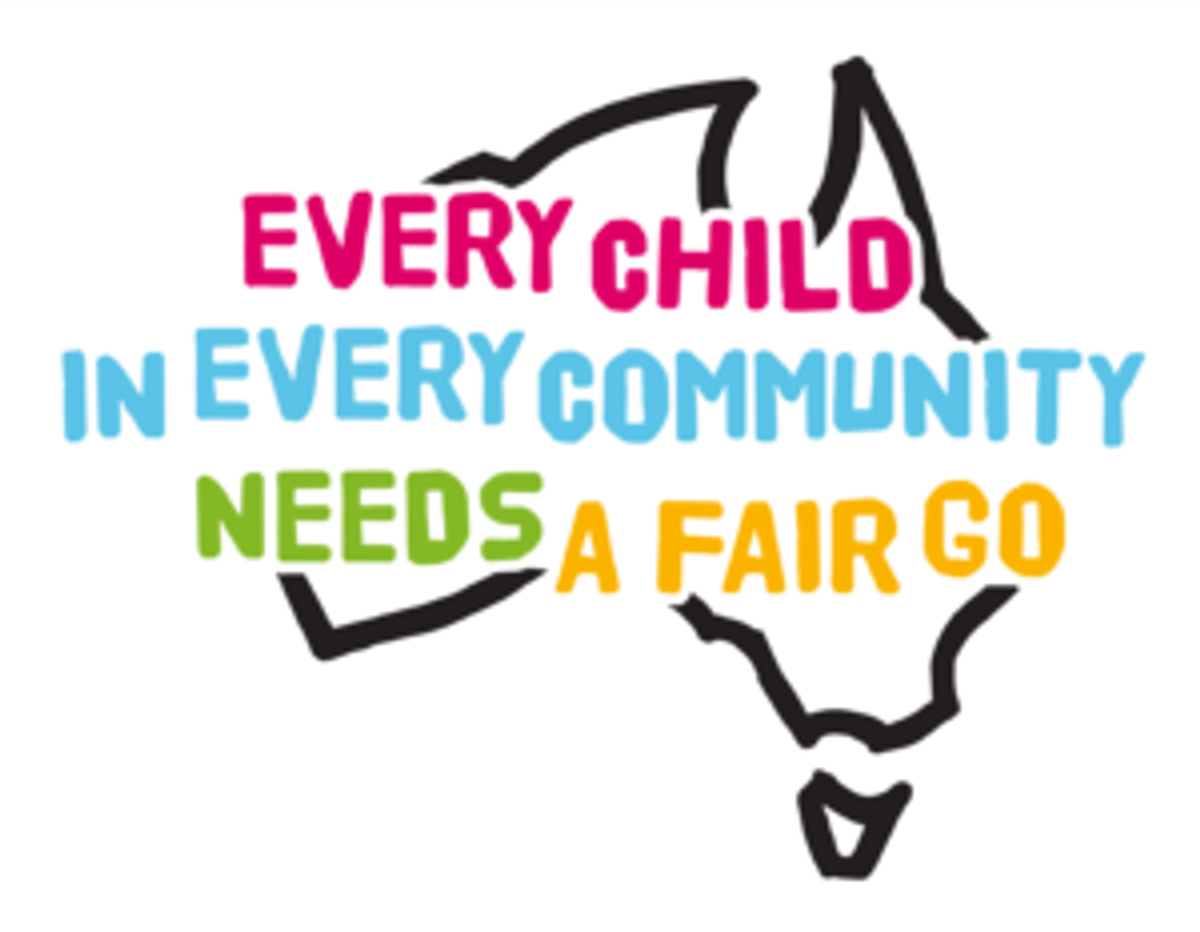Child Safety @TCC

National Child Protection Week September 5-11
How to be a Good Listener for a Young Person
Show interest. Ask open-ended questions that begin with ‘How’,‘Why’ or ‘What do you think/feel about …’ This might encourage longer answers than ‘Yes’ or ‘No’.
Show respect by listening to young people’s ideas thoughtfully and respect their need for space and time alone.
Feel privileged when a young person shares a problem with you: Offer ideas but help them to come up with their own solutions.
Avoid being bossy. It is tempting to ask a question, then jump in with what you think or want to be the right answer! Offer young people your opinion, guidance and support but also respect their ideas.
Allow for silences. If young people don’t reply immediately, just leave the conversation open. They may come back to you later. Be patient and find the right moment.
Notice when a young person is more likely to talk. Suggest going out for coffee to get some one-on-one time together.
Encourage family discussions where everybody’s views are invited and respected, however different.
Build in family get-together times. BBQs, picnics, bushwalks or once-a-week family dinners are good opportunities for relaxed talk.
Other adults can help out too.
If you think your young person has a problem they would rather discuss with another adult, don’t be offended: Ask them who else could help or suggest another adult that both of you respect.
Get to know their friends. Suggest they bring friends home and spend some time chatting with them. Friends are often happy to talk to other people’s parents. It might encourage your young person to open up more with you.
Let them know you are there. No matter how independent they may seem young people need to know you are there for them, even if you don’t always agree.
Remember: Sometimes parents or carers need to over-rule a young person. If you have shown in the past that you respect their opinions, young people will be more likely to accept your decisions on matters needing an adult’s judgment.
Boosting a Teenager's Confidence:
- Don't 'impose' your opinions. Be interested in their different ideas, even if you don't agree. If you respect your children's views, they will be more likely to respect yours.
- Young people need space and time alone so allow your teenager to have their privacy...
- . . . but do remember that adolescence is an emotional rollercoaster. If a teenager seems to be spending too much time alone in their room, they may be depressed or stressed. Encourage them to talk about their worries.
- Talk with your adolescent about personal safety, like how to say "No" to anyone who suggests abusive or unsafe behaviour. Teach them about internet safety.
- Let them know that if they get into trouble or tricky situations you will support them doing what's best.
- Let your young person know that you are interested and available whenever they need you. No matter how independent they may seem, adolescents still need their parents' support and understanding.
Source: NAPCAN is an independent charity and the leading advocacy body for prevention of child abuse and neglect.

